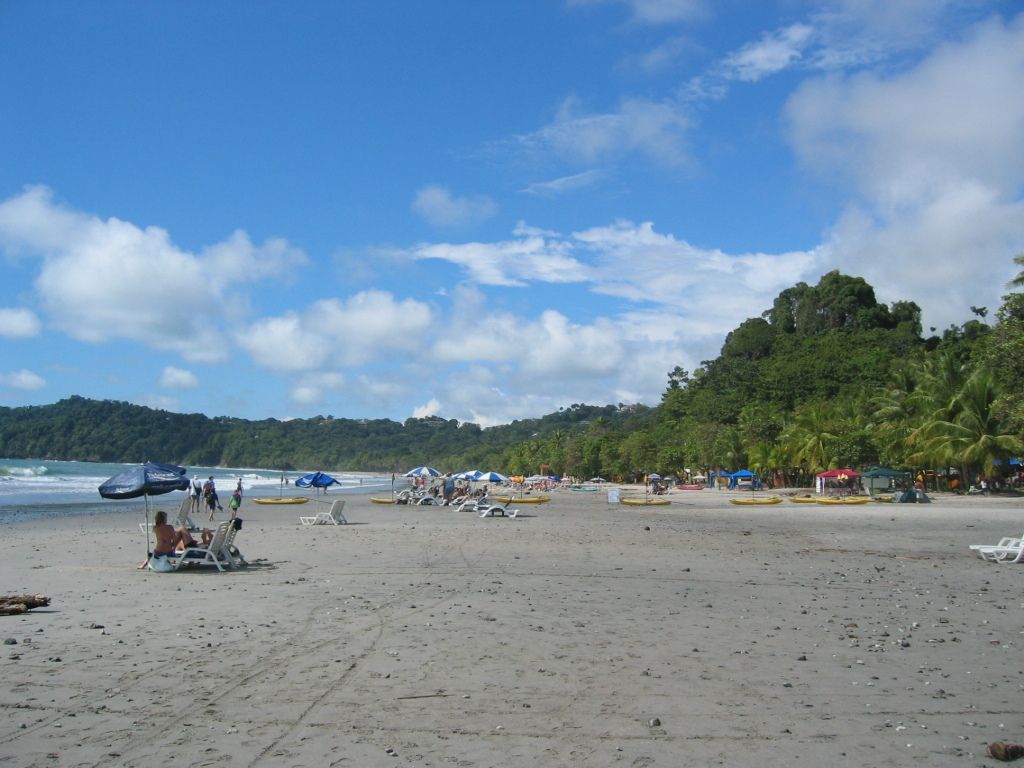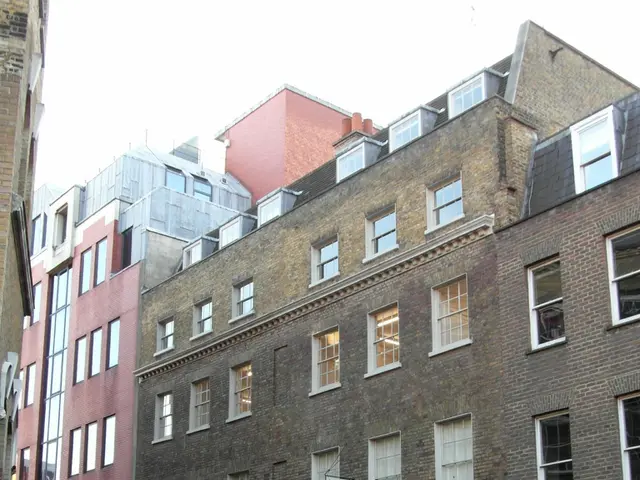Second Car Ban for Non-Resident Home Owners on Mallorca: A Comprehensive Look at the Proposal, Timeline, and Potential Effects on Tourists
Proposal Overview
- The Issue at Hand: The Mallorcan Council is contemplating a bill that would cap non-resident foreign homeowners' car ownership to one per household. This vehicle must be registered at the Mallorcan address and subject to local road tax.[1][2]
- The Goal: The main objective of this legislation is to alleviate traffic congestion and combat overtourism on the island.[1][2]
Implementation Timeline
- Where Things Stand Now: At present, the Council is working on the proposal, aiming to enforce these regulations as early as next year.[1]
- Further Enforcement Details: The exact date for enforcement has yet to be confirmed but is expected within the near future.[1][2]
Tourist Considerations
- Improved Traffic Conditions: By limiting non-resident car ownership, the island hopes to observe a decrease in traffic congestion, thereby enhancing the tourist experience.[1][2]
- Shift in Transportation Choices: The ban might persuade tourists and second-home owners to adopt alternative modes of travel, like public transportation or car-sharing services, fostering a more sustainable tourism model.[3]
- Economic Factors: Local businesses, particularly car rental companies, may experience significant changes. However, the long-term advantages of reduced congestion could overshadow these effects by making the island more appealing to eco-conscious tourists.[4]
Comparison with Neighboring Regions
- Ibiza's Vehicle Measures: Ibiza, like Mallorca, is also implementing traffic restrictions, such as limits on tourist cars and permit systems for non-resident vehicles.[4]
- Spain's Broader Traffic Policies: Spain is investigating broader traffic management strategies, including potential car-sharing mandates similar to France's, which could impact travel habits across the country.[3]
Considering the Proposal of Limiting Second Vehicles for Residents of Secondary Homes in Mallorca - Second-hand car ownership restrictions proposed for homeowners in Majorca
[1] Mallorca Desperate for Solutions to Overtourism: Second Car Ban for Second Home Owners Considered, reuters.com, August 12, 2023[2] Mallorca takes aim at foreign property owners, limiting them to one car per house, economist.com, August 13, 2023[3] Car Sharing Ambitions for Spain in the Wake of Toulouse, gonoodgo.com, July 11, 2022[4] Ibiza to Introduce Vehicle Restrictions, Tameside Reporter, July 20, 2021
- The policy proposal in Mallorca suggests limiting non-resident foreign homeowners to owning one vehicle per household, which aligns with their aim to combat overtourism and traffic congestion.
- Even as the Mallorcan Council works on finalizing the legislation, they anticipate enforcing the vehicle restrictions as early as the coming year.
- The proposed ban on additional cars for non-resident homeowners may encourage tourists and second-home owners to embrace alternative transportation methods like public transit or car-sharing services, promoting a more sustainable tourism model.
- The lobbying auto industry could face significant changes as a result of the new regulations, but the long-term ecological benefits could compensate by making the island more appealing to eco-conscious tourists.
- Ibiza, another popular tourist destination in Spain, is also adopting traffic restrictions, such as limits on tourist cars and permit systems for non-resident vehicles, mirroring Mallorca's stance.
- Spain is investigating broader traffic policies, including potential car-sharing mandates that could impact travel habits across the country, following France's lead in promoting greener transportation options.
- Recognizing the role of science, climate-change awareness, sustainable-living practices, policy-and-legislation, politics, general-news, and the automotive and environmental-science industries, these factors all contribute to the ongoing conversation about tourist-related vehicle limitations in coastal regions like Mallorca.







